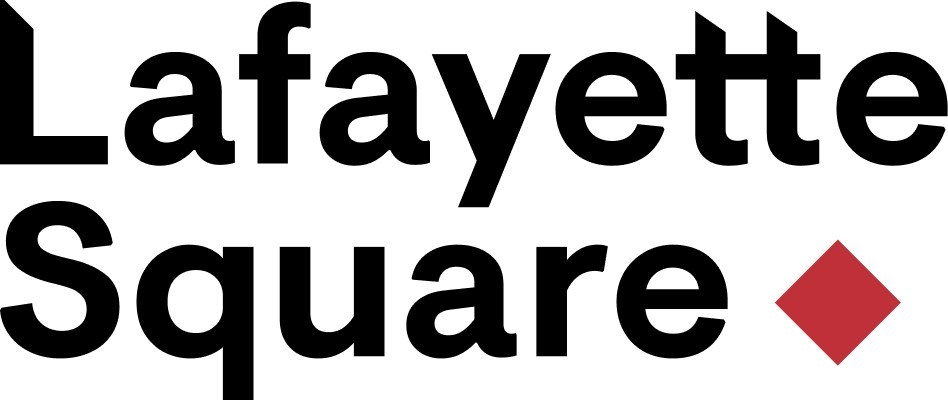Too often, founders of family enterprises postpone the difficult conversations about succession and governance. Emboldened by years of success, they believe they have time to spare, imagining these matters can wait until their late 60s or 70s. But waiting until the twilight years to impose structure is an invitation to disaster.
Governance is not a switch you flip at retirement; it is a culture, a practice and a framework that must be built while the runway is still long and the founder’s influence remains at its peak. Reflecting on the havoc unleashed during the Trump presidency, particularly in his early days, we see a vivid parallel. His ascent to the highest office, absent the restraints of seasoned oversight and boundless in personal grievance, saw markets nosedive and confidence erode globally.

In just 48 hours, nearly $6.4 trillion in value was wiped out from the markets as chaos and unpredictability reigned. Institutions that should have served as guardrails — Congress, regulatory bodies and even the courts — found themselves unprepared for the ferocity of ungoverned leadership.
The consequence was not only financial turmoil but a deep crisis of trust. This is exactly what happens in family businesses that delay building proper governance structures. When succession is finally triggered, and especially if it is rushed due to health emergencies or unforeseen events, the unprepared successor can behave like a reckless populist, consolidating power without accountability, nursing personal vendettas, or making impulsive decisions that serve their ego over the enterprise.
Without early systems in place, the board — if one even exists — will be ill-equipped to intervene. Worse, creditors and external stakeholders, alarmed by internal chaos, may step in aggressively, imposing harsh terms or even triggering defaults. Family conflicts will not stay confined to the boardroom; they will spill into courtrooms and creditors’ meetings, further compounding the damage.
Effective governance begins with embedding shared values early. Founders must actively cultivate a culture where stewardship outweighs self-interest. This means involving the next generation in decision-making well before they assume formal roles, exposing them to both the privileges and the heavy responsibilities of leadership.
Transparency in financials, clarity in roles and regular family assemblies all contribute to normalizing governance as a way of life. Founders must also recognize that governance is a journey, not a document. It evolves as the family and the enterprise evolve.
Early conversations about conflict resolution, voting rights, succession criteria and accountability frameworks prevent future disputes from turning into existential crises. Moreover, involving external advisors and independent directors early can provide objective perspectives and counterbalance emotional decision-making. The Trump experience is a stark reminder: when power transfers without preparation, chaos fills the vacuum.
For family businesses, the lesson is clear. Build governance when you still have time, authority and clarity of vision. Do not wait until circumstances force your hand.
The cost of delay is not measured in hypotheticals — it is counted in broken families, destroyed enterprises and legacies reduced to cautionary tales. Founders and leaders, you must act while your runway is long. Build structures robust enough to withstand storms.
Plant the seeds of governance early so that, when the inevitable transition comes, the family enterprise stands resilient, guided not by the whims of one individual, but by the collective wisdom and shared values of generations..
Business

Soriano: Governance built early is governance that lasts — A vital lesson from the Trump chaos















